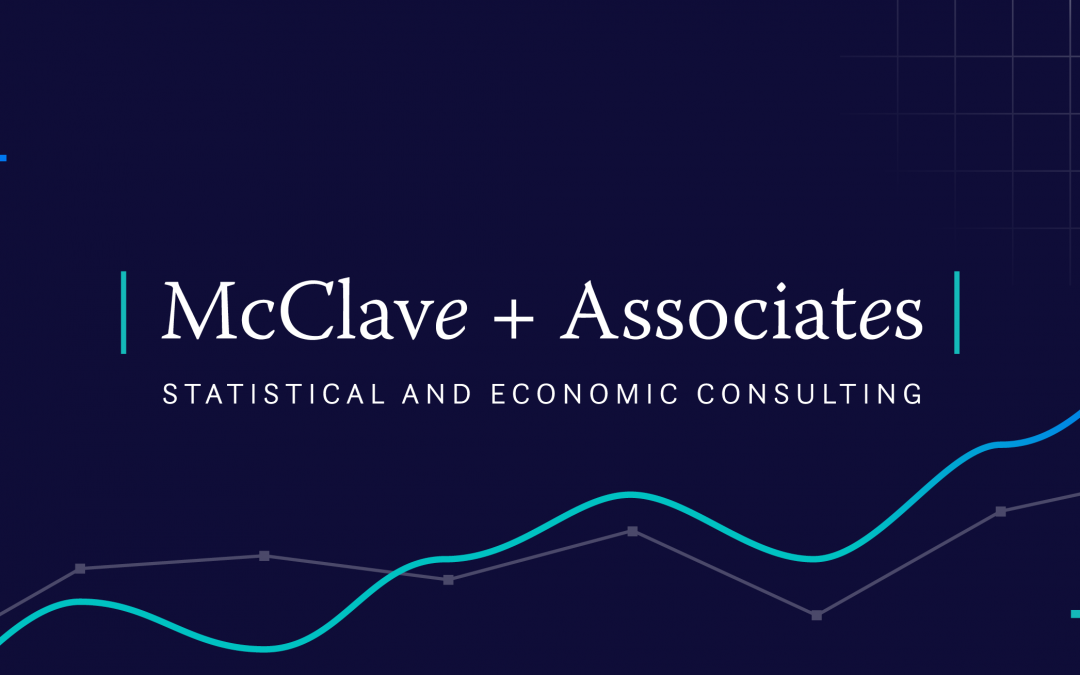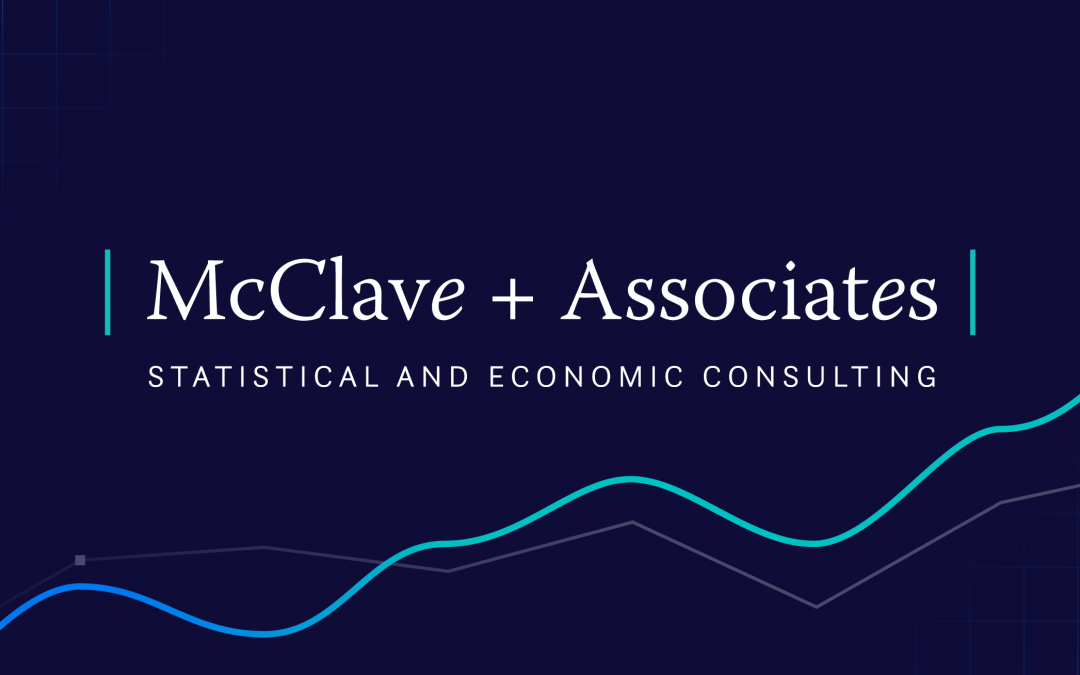
Landmark Settlements in Global Capacitors Price-Fixing Case Secured
Just before the holidays, Infotech Consulting and its clients celebrated the successful conclusion to the sprawling In Re Capacitors Litigation, with the parties announcing a final settlement had been reached with Nippon Chemi-Con (“NCC”). This was the last of more than 20 defendants accused of participating in a global conspiracy to fix the prices of capacitors. Plaintiffs alleged that price-fixing in this multibillion-dollar market began as far back as 2002 and continued for over a decade. The conspiracy spanned hundreds of thousands of capacitor products of various size, capacitance, and materials. Even before the NCC settlements, other defendants had agreed to settlements totaling $439.6 million. With the NCC settlements, all defendants have agreed to refund over $600 million in overcharges.
So, what exactly is a capacitor? Well, you’ve likely relied on them every day without ever noticing it (including right now as you read this on your computer or phone). A capacitor is a device that stores electrical energy in an electric field. They range in size from miniscule (fitting into a phone) to extremely large (think jet engines). They are essential components of electrical systems like TVs, smart phones, cameras, appliances, cars, medical devices, lighting, computers, and so much more. And yes – there are numerous capacitors in one product. Trillions of them are manufactured each year.
The rigorous statistical basis for the damages and impact analysis resulting in the extraordinary settlements came from Dr. Jim McClave, Dr. Jamie McClave Baldwin, Dr. Allison Zhou and the work of the entire Infotech Consulting team, backed by extensive research, data analysis, consulting, and expert testimony spanning a period of over seven years. These efforts culminated in multiple expert reports, two depositions, and expert testimony in both a concurrent expert witness proceeding (“hot tub”) and, finally, at trial. “Hot tubbing” is a process that some courts are adopting in which judges hear sworn testimony from opposing experts simultaneously (think live debate), rather than the traditional direct and cross examination of each expert separately.
The trial was originally scheduled for March 2020, but was suspended due to the emerging pandemic. Fast forward 20 months later, and the parties were back in the courtroom for trial. Dr. Jamie McClave Baldwin worked tirelessly alongside our clients during the (over two week) trial, providing expertise, research and support at every turn and twist of the trial proceedings.
In announcing the landmark settlements reached, representatives from Joseph Saveri Law Firm stated, “We strongly believe these ground-breaking settlements will deter this type of collusive behavior in the future, to the benefit of us all.”
Infotech Consulting celebrates this win, not only for our clients but for the numerous consumers affected by the global conspiracy of manufacturers to fix, raise, and maintain prices of capacitors at an elevated level.
“This win represents what our team does best – use our expertise, knowledge, and passion to fight for what is right,” shared Dr. Jamie McClave Baldwin, Expert and President of Infotech Consulting. “We are proud to have been involved in this case from the beginning of discovery, through class certification and both trials – over seven years of work. Other firms came and went, but our team never backed down from the challenge. It was this dedication and effort that helped produce outstanding results for our extraordinarily talented clients and the class of direct purchasers.”
Re Capacitor Antitrust Litigation (2017) Case No. 3:17-md-02801, U.S. Dist. Ct. N. Dist. California.

